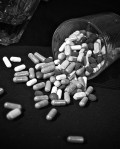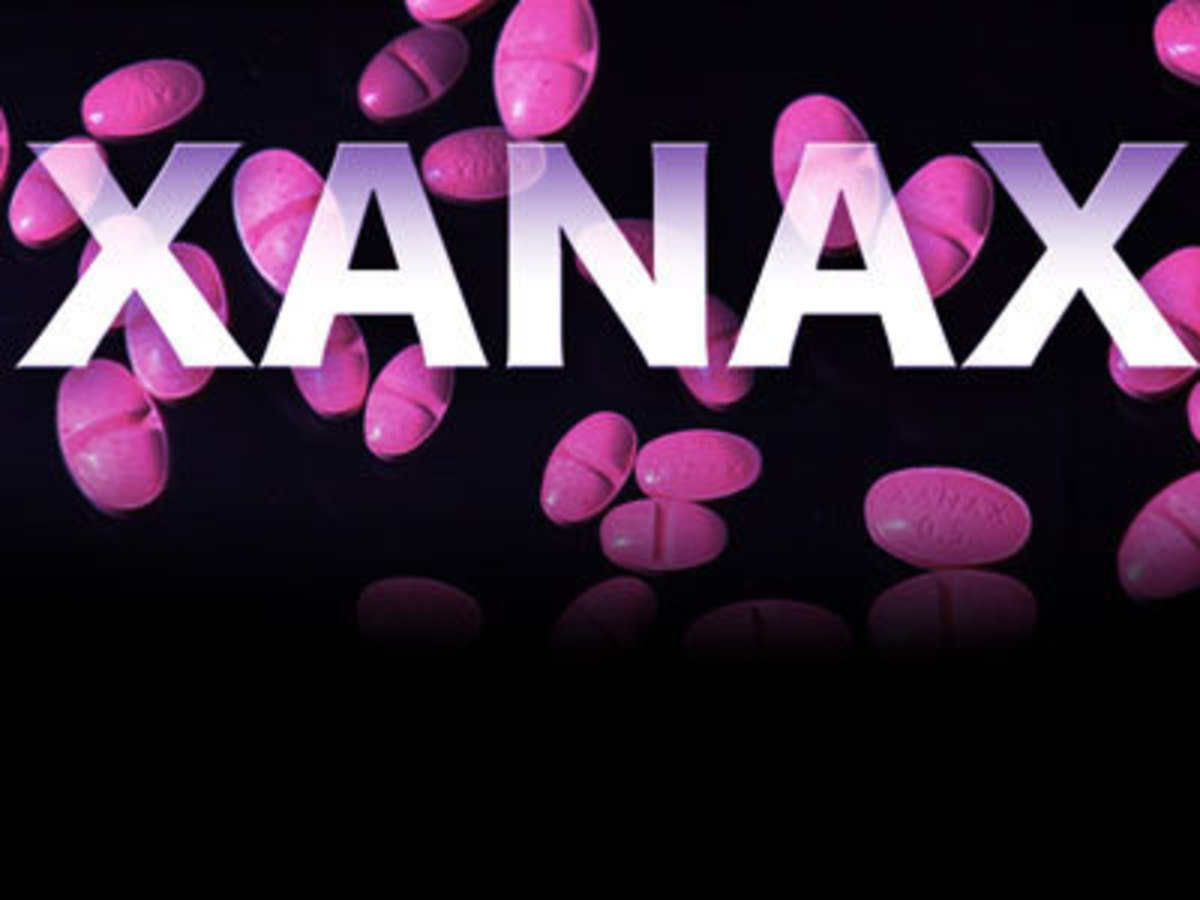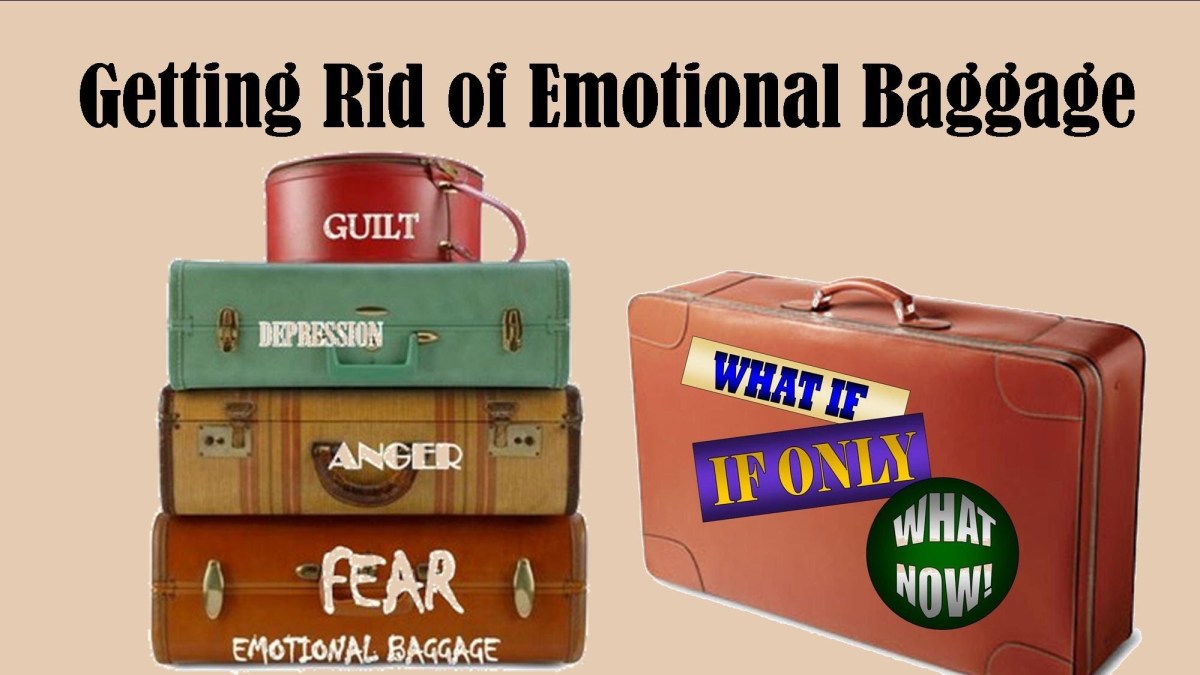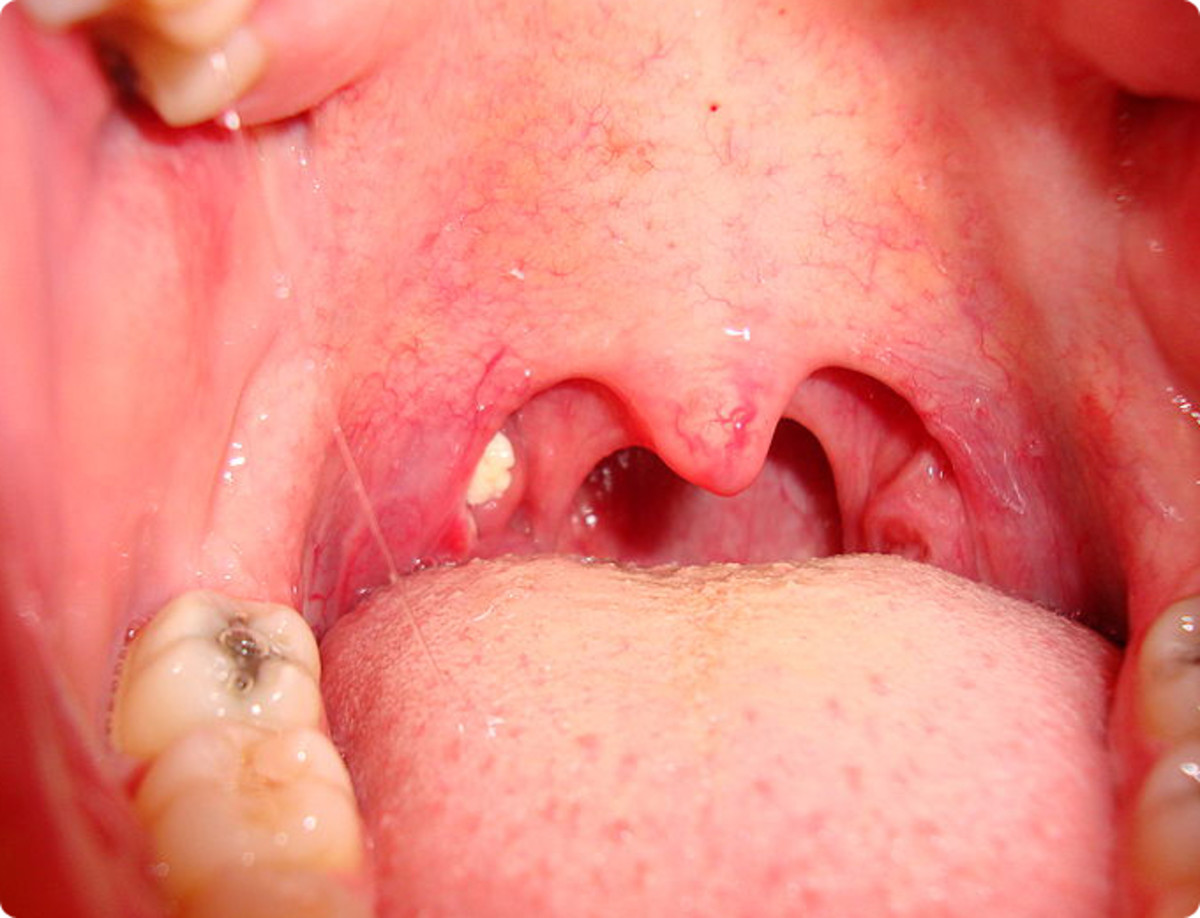What are the Causes of Addiction?
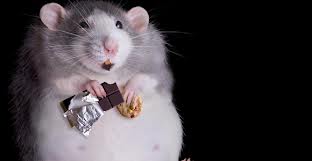




What Causes Addiction?
What are the causes of addiction
Many people still find it difficult to understand why some individuals become addicted, is it something in the genes, a lack of willpower or moral fibre?
Research shows, that 7 % of American are addicted to prescription drugs, around 40 million addicted to cigarette, alcohol or drugs. Over 1.2 million people in the UK above the age of 18 are addicted to illegal drugs, and although drug addiction is not on the increase in the UK, the amount of people whose lives are affected by addiction are much higher than people generally imagine.
While we welcome the news that illegal drug use and addiction is not rising in the UK, the fact remains, addiction is still a major problem in our society, not only drugs, but there are a host of other addiction just as disturbing.
Although around 70 % of the British population will occasionally gamble, for many, this will become a problem. The number of problem gamblers in Britain is believed to be around 450,000. Gambling addiction experts warn of the danger of internet gambling, particularly among the youths.
With access to the internet 24/7, providing anonymity, unlimited social network, the lack of geographical boundaries, many have found this an ideal way to escape from emotional situations; only to find that they are unable to control their internet use, and have become addicted.
The question remains, what are the causes of addiction, and why do some people become addicted?
Why do some people seem to be more susceptible to addiction than others?
In my psychology placement, many years ago; I came face to face with addiction; I listened to the people who had become addicted to drugs and other habits, I listened as they discussed what they believed was the reason for their addiction.
I learned that addiction knows no boundaries, no race nor colour, it has no respect for class or culture, it is equally at home in any society, good homes and bad.
I recall the young boy who bought drugs for the first time from an unscrupulous dealer at his school gate. The young mother living in a high rise apartment, who took drugs at the insistent of her boyfriend. She held out, but finally succumbed. She took drugs initially to please her drug using partner, but continued as a means of escape, pretty soon she was forced to admit that she had become addicted to hard drugs.
I remember the middle age middle class woman, whose children had left home, her husband was seeing a younger woman, she was tired of pretending everything was rosy, and that she was not aware of her husband's cheating. She became depressed, began shoplifting as she tried unsuccessfully to adjust to a new way of life. However; without a house full of children and the onset of the menopause, she sank into depression. Soon she was dependent on the antidepressants the doctor had prescribed, and found that she had also become addicted to shoplifting although she had no need for the things she stole, and money was not a problem.
The wealthy thirty something man who made a fortune on the stock market and blew it all on coke which he first tried at a party. The police stopped him and the rest is history. I spoke to people who became addicted to over the counter painkillers, addicted to alcohol, shopping, gambling, food, sex and even love.
Approximately 11% of people, when asked, said that they knew a friend who had become addicted to drugs. About 6 % had a family member who is, or was addicted, and 2% had experienced drug dependency personally.
According to the BBC News Magazine ( April 2013). Afghanistan produces 90% of all opiate drugs in the world, but until recently was not considered to be a major consumer. However, currently, from a population of 35 million, over a million are addicted to drugs, this figure is proportionately, the highest in the world.
What Causes Addiction
A definition of addiction from Wikipedia states; “ Addiction is the continued use of a mood altering substance or behaviour despite adverse consequences, or a neurological impairment leading to such behaviours.” It goes on to explain; addiction can include, but are not limited to, drugs abuse, exercise addiction, food addiction, sexual addiction, computer addiction and gambling. I'm sure if we were to stop and think about it, we could all add something else to this list.
Addiction can include almost anything, from the consumption of drugs to something as abstract as using the internet or something that seems as harmless as chocolate.
Factors that influence addiction:
-
Changing brain pathways and Physical addiction
Addiction is complicated, it can be physical or psychological or behavioral, the experts suggests that there is a link between repeated use of an addictive substance and how our human brain experience pleasure. The addictive substances, whether drugs, alcohol or nicotine causes actual physical changes in some of the nerve cells in the brain known as neurons.
The neurons release neurotransmitters into the synapses, (the spaces between the cells) the neurotransmitters are taken up by receptors in other neurons or cells.
Neurotransmitter is a chemical which transmits neurological data between the cells. It acts as a messenger to transmit electrical impulses from one nerve cell to another.
Pain, pleasure, boredom, and other messages travel by neurotransmitter.
Addictive substances such as drugs and alcohol prevent appropriate neurotransmitter brain activity and also create brain activity that changes behaviour.
The principal neurotransmitter to affect addiction is dopamine which affects:
-
movement control
-
emotion,
-
pleasure
-
pain
Different drugs can stimulate or inhibit the brain's dopamine receptors, interfering with the neurotransmitters ability to function effectively.
When dopamine neurotransmitters are over stimulated, by drugs such as cocaine, the brain stops making dopamine, this is usually referred to as drug tolerance. When drug use ceases, it can take time before the situation is reversed, possibly weeks or months.
Different drugs have different connection between addiction and neurotransmitters, much too complicated to look at in depth in this article, which gives only an overview.
-
Environment
Environmental factors can be family's beliefs and attitudes, exposure to peer groups that may encourage the use of drugs or other addictive substances.
Genetics
Addiction is a disease characterized by certain changes in the brain. There is a network of nerve cells in the brain known as the reward pathway. The reward pathway drives the feelings of motivation, reward and behaviour.
Many experts believe that no single gene for addiction will be found and that integrated genes cause susceptibility to dependency. Our genes and inherited traits have some influence on how certain people develop habits and addiction, while others don't.
It can be harder for an individual with particular genes to stop a habit once started. For some individuals, the withdrawal symptoms they experience when attempting to kick the habit, can be more severe than it would be in others with similar drug use who are also trying to quit. this is due to the individual's inherited genes.
Genetics can also cause one person to feel sick after taking a particular substance, while others experience euphoria. However; because someone is prone to addiction, this doesn't necessarily mean that they will become addicted, but they should be aware of their susceptibility.
Addiction in the Family
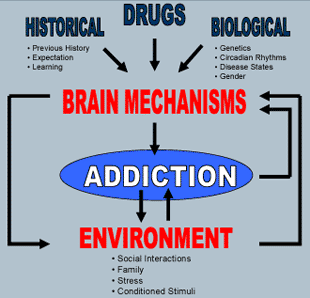
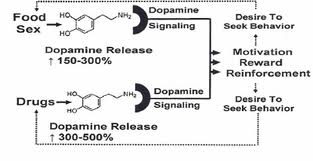
What's your addiction ?
Are you now or in the pass been addicted to any of the following?

Signs and Symptoms of Substance Addiction
Substance Addiction
The signs and symptoms of substance dependence differs according to the individual's personality, the type of substances they are addicted to, their genetics, and personal circumstances. Most of these signs and symptoms can also have other explanations and therefore caution is needed.
- Extreme mood changes
- Sleeping a lot
- Persistent coughs or sniffles
- Secretive
- Pupils of the eyes seems smaller or larger than usual
- Withdrawal, Once substance use ceases, the levels of substances in the body drops below a certain point where physical and mood- related changes occur.These changes are unpleasant, and are often the opposite of the desired addicted effects. They may include, moodiness, poor focus, bad temper, depression, frustration, anger, and resentment.
- Addiction persists despite ill health awareness.
- Maintain good supply of substances to which they have become addicted.
- Take risk
- Obsession
- Secretive
- Denial
- Excessive consumption
- Relationship problems
- Financial difficulties
As mentioned above, signs and symptoms may vary, this list does not contain every possible sign and symptom.
If you find the documentary video useful, see also:
http://guardian.co.uk/culture/2013/mar/09/russell-brand-life-without-drugs


Some Modern Human Addiction
Most of us think of addiction as substance related, drugs, alcohol or tobacco. However; recently, there have been more studies on what is referred to as behavioral addiction, characterized by an overwhelming need to engage in a particular behavior or action, despite knowing the negative consequences.
- Laziness
- Idolization
- Being Cool
- Technology
- Internet
- Shopping
- Exercise
- Cosmetic Surgery
- Ice Chewing
- Hair Pulling
- tattoos
- Workaholic
- Caffeine
- Negativity
- Dieting
- Body building
- Tanning
- Sex
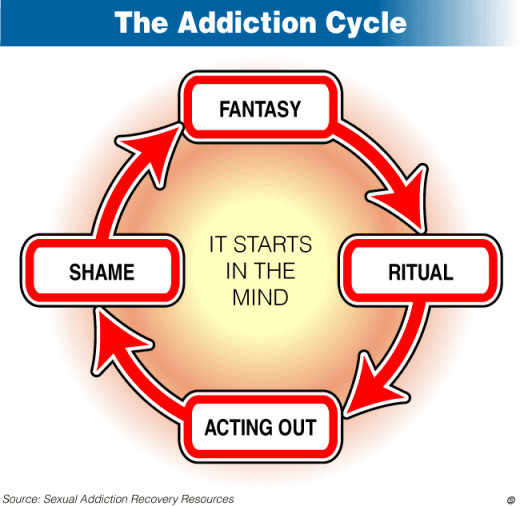
The chemistry of addiction

References
- http://en.wikipedia.org/wiki/Addiction
- http://nhs.uk/Livewell/addiction/Pages/gamblingaddiction.aspx
- http://medicalnewstoday.com/info/addiction/what-causes-addiction.php
- http://addictionz.com/addictions.html
- http://learn.genetics.utah.edu/content/addiction/genetics
- http://bbc.co.uk/news/magazine-22091005
- http://guardian.co.uk/culture/2013/mar/09/russell-brand-life-without-drugs


